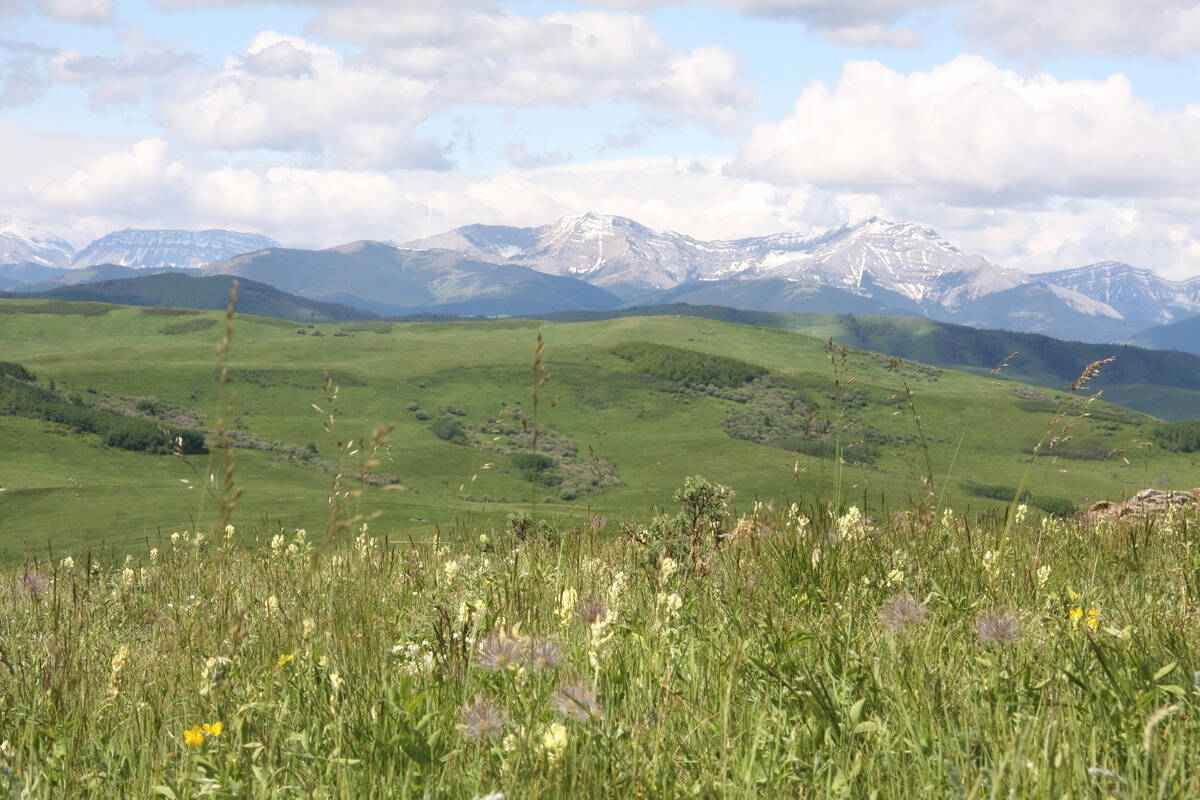Marketing alliances | Provincial government expects potash prices to dip 25 percent following trade shakeup
SINGAPORE (Reuters) — The Saskatchewan government is factoring in a 25 percent decline in potash prices following the breakup of longstanding trading arrangements that have jolted the world market.
However, premier Brad Wall also said the world potash market was difficult to forecast and any successful attempt to restore a shattered alliance between producers in Russia and Belarus could bring back higher prices.
The breakup in July of a joint venture between Russia’s Uralkali and Belaruskali in neighbouring Belarus has sent prices tumbling, with buyers holding back on purchases in anticipation of further declines.
Read Also

Selenium not deal breaker in coal mining: expert
Environmental scientist weighs in on coal mining debates in Western Canada, explaining selenium and the technologies and practices to lower its concentrations in nearby waterways to coal mining operations
That alliance, plus a grouping of three potash companies in Saskatchewan called Canpotex — Potash Corp, Mosaic Co. and Agrium Inc. — accounted for 70 percent of international sales.
Wall, who was on an Asian tour to boost trade, said his government had priced in a discount of 25 percent of previous levels of about $400 per tonne.
“You see experts talking about a 25 percent discount … down to about $300 dollars or so. We have adjusted for that in our budget,” he said.
“The problem is nobody is really buying anything right now. There’s a bit of a paralysis pending the shakeout until people figure out what exactly is going to happen going forward.”
Wall said he used his Asian tour, which took him to Japan, the Philippines and Singapore, to support efforts by Canpotex to encourage buyers. However, there were no purchasing commitments.
He said the Saskatchewan miners were keeping close watch on attempts to heal the rift between the Russian and Belarusian companies.
“In terms of price, my guess is really as good as anyone’s…. There seem to be signals that maybe that alliance is not quite as over as people thought. We are watching it very carefully,” he said.
“If there is order in the market, if the price was $400 a tonne roughly speaking because of the order — the two alliances basically doing their thing — I think there would be an expectation that would be a reasonable price if it were all to be put back together again.”
There are no firm plans to restore the alliance, although Russia and Belarus have backed the idea.
Belarus has set up a new company with the same name and said it is ready to sell potash with Uralkali “in any format” to keep prices high after rumours emerged that Suleiman Kerimov, the biggest shareholder in the Russian potash monopoly, was selling his stake worth $4 billion.
“The existence of the alliance would be right for global potash market and for producers,” said Igor Shuvalov, Russia’s first deputy prime minister.
Wall said his government was still considering proposals to change the royalty structure to shift the emphasis to production levels from prices.
“We have told the companies very transparently that when we do this, when we actually begin the review, we are going to do it together,” he said.
“We don’t want royalty shock. We’ll simply be looking to adjust things so that the taxpayers are kept whole but yet not in a way that is some sort of a disincentive to further expansion or production in Sask-atchewan.”
The shift is prompted in part by the development of major new sites in the province, including an eight million tonne mine that BHP Billiton PLC hopes to develop near Jansen, Sask. Construction has started on the project.
“No final decisions have been made on the BHP project, which would help inform the process because of the amount of supply that would come from there,” Wall said.
However, he said uncertainty remained a characteristic of the industry.
“You know, I’ve had this job since 2007. With respect to the potash industry, I believe anything is possible,” he said.
“We are all thinking of six to 12 months before things become more evident, and frankly, there are greater sales. The best indicator of what is going to happen is when the sales start again. We will all know the price and all know the net impact of the situation.”














